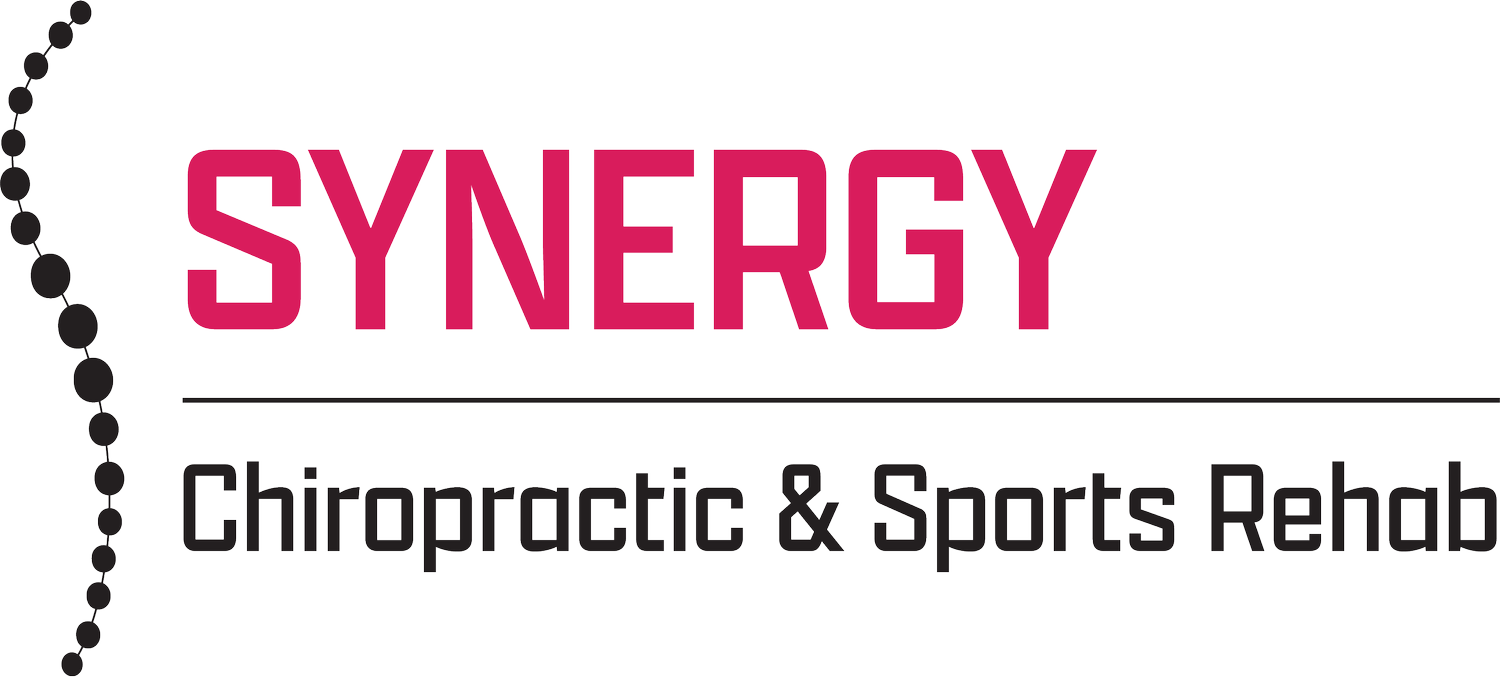Navigating Menopause: Training, Recovery, and Hormones for Optimal Health
Menopause is a natural stage of life, but it brings significant physical and hormonal changes that require a fresh approach to fitness, recovery, and overall health. Understanding these shifts can help women adapt their routines to remain strong, resilient, and empowered throughout this transition.
Here are key strategies for navigating menopause, with insights on how a personalized approach to movement and recovery can make a world of difference.
1. Structured Training with Recovery
As women move through perimenopause, the need for recovery becomes even more crucial. Hormonal fluctuations can lead to increased fatigue and stress on the body, making it essential to integrate periods of intensity and rest. Undulating periodization is one approach that works well, with alternating focus blocks. For example:
Two weeks of strength-building or sprint-focused workouts.
One week of deloading to focus on active recovery and lighter movement.
This approach allows the body to adapt to the intensity, and the recovery week ensures that it is not overburdened.
Incorporating structured training with proper recovery can help manage the hormonal stressors of perimenopause. A balanced program that includes both high-intensity work and intentional rest periods will allow your body to adjust and thrive as your hormones fluctuate.
2. The Role of Hormones in Strength and Muscle
During menopause, the interplay between estrogen and progesterone has a direct impact on muscle function and strength. Estrogen helps support muscle protein synthesis and neuromuscular function, while progesterone can contribute to muscle breakdown. As estrogen levels decline, muscle maintenance becomes more challenging.
Strength training becomes increasingly important to preserve muscle mass and function. Training that emphasizes strength and power will help offset the muscle breakdown associated with hormonal changes.
Understanding how these hormonal changes affect strength can guide the way we approach fitness, making it essential to adapt your routine to focus on maintaining and building muscle mass.
3. Nutrition and Supplements for Menopause
What we eat plays a crucial role in how our bodies respond to hormonal changes during menopause. Prioritizing high-quality nutrition is key:
Protein: Aim for 1.7 to 2.0 grams per kilogram of body weight daily to support muscle maintenance and growth.
Carbohydrates: Focus on whole grains, fruits, and vegetables, especially around workout times.
Creatine: Research shows that a daily dose of 3 to 5 grams can improve muscle performance, recovery, and even mood.
Incorporating these nutritional strategies alongside exercise can provide significant benefits during this transition. It is about giving your body the fuel it needs to maintain strength, balance, and vitality.
4. Exploring Adaptogens and Alternatives
Many women find relief through natural adaptogens like ashwagandha, maca, and holy basil. These herbs support hormone balance, stress management, and even libido. Though not a substitute for hormone therapy, adaptogens offer a non-hormonal alternative that many women find helpful.
Exploring these alternatives—when used with the guidance of trusted resources—can be part of a holistic strategy to support overall health and well-being during menopause.
The Bigger Picture
Menopause is not an obstacle to health but a natural part of life that can be managed with intentional care and lifestyle adjustments. Rather than focusing solely on external interventions like hormone therapy, women can take charge of their health through a well-rounded approach of strength training, nutrition, and stress management.
It is essential to recognize that hormonal fluctuations are a natural part of life and that managing them with the right strategies can help maintain a vibrant, strong body. The transition into menopause is a time to focus on adapting your training and recovery, ensuring that the foundation of your health remains strong as you age.
For more insights on how to navigate this transition, listen to The Gabrielle Lyon Show, episode Can Women's Health Get Better With Age? featuring Dr. Stacy Sims. Dr. Sims shares valuable research on menopause and aging, empowering women to embrace these changes with confidence.
At Synergy Chiropractic and Sports Rehab, we are here to guide you through these transitions with personalized movement and recovery strategies, ensuring that your body remains strong, resilient, and ready to take on whatever comes next.
